Advent: A season for the grieving
Written by H, Posted in Christian Living, Published Work
It’s that time of year when Christmas preparations are getting into full swing—families and companies are hosting Christmas parties, friends are planning gift exchanges, and children everywhere are compiling their Christmas wish lists—and for some, this can be a hard season.
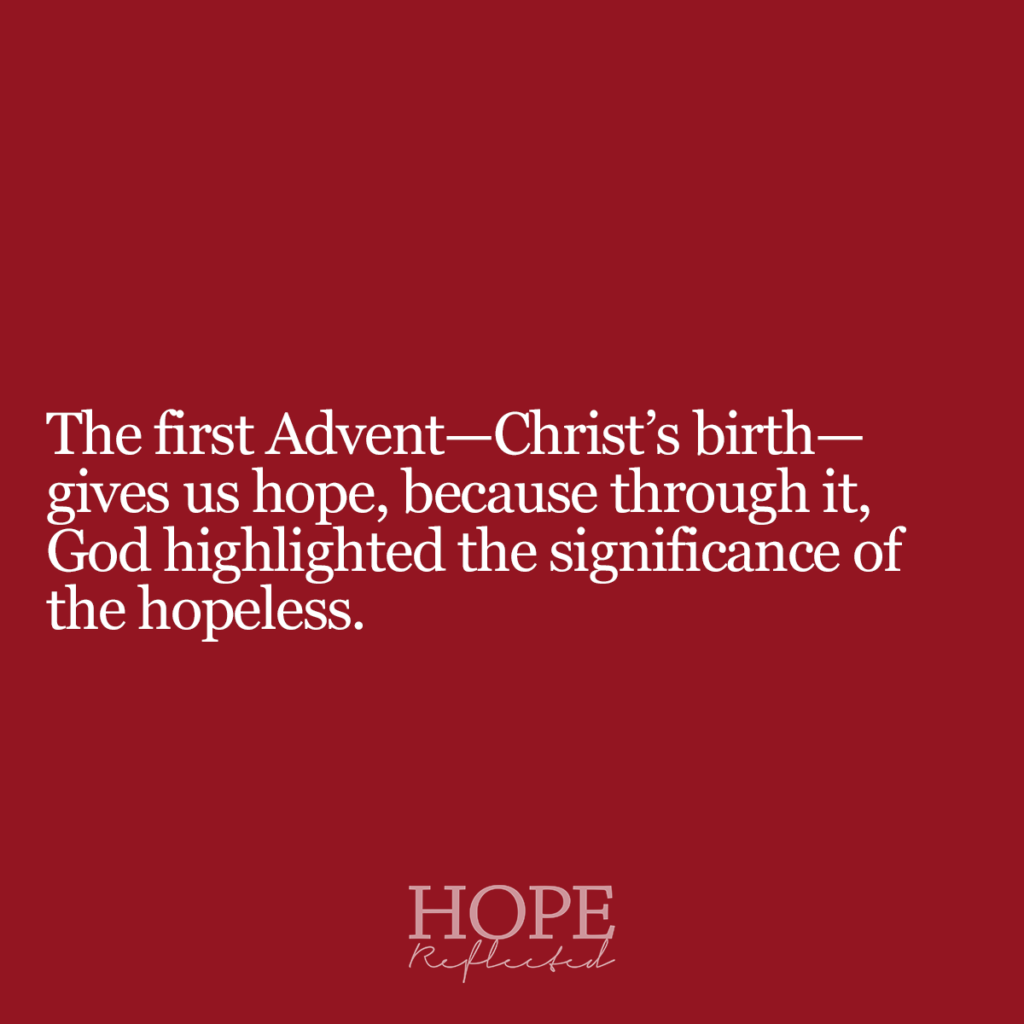
For anyone grieving
For anyone suffering strained familial relationships, to say Christmas can be a challenge would be an understatement. For anyone who is grieving, the celebratory season of Christmas can cause an inconsolable heart to break even more. But it doesn’t have to be that way.
When we redirect our attention from the family get-togethers, the food, and the gift exchanges, and we look to understand the true meaning behind Christmas, this season can become what it was originally meant to be: A season of hope.
A brief history of Advent
Christmas is a season which celebrates the birth of Christ, beginning with Advent (which always starts the Sunday closest to November 30, November 27 this year), and ending on Christmas Day. Advent is a key part of fully embracing Christmas. Taken from the Latin word adventus, Advent literally means “coming”. People who celebrate Advent usually explore different themes for the four weeks of December leading up to Christmas, traditionally themes of Hope, Faith, Peace, Love, or Joy.
Hope can be a difficult thing to grasp
Hope can be a very difficult thing to grasp, especially for anyone who is grieving or alone. Christmas, the first advent of Christ, is all about Hope. You cannot have Christmas without Hope. Christ’s birth gives us hope in that it is the fulfillment of several prophecies in Scripture: The virgin birth (prophesied in Isaiah 7:14), the incarnation of Christ (prophesied in Isaiah 9:6), the timing of Christ’s arrival on earth (prophesied in Daniel 9:24), man’s rejection of Christ (Isaiah 53:1-4), Christ’s crucifixion (Psalm 2), and Christ’s resurrection (Psalm 16).
Refusing to give up hope
Christ’s birth gives us Hope because through it, God highlighted the significance of all those who were without hope. Who was instrumental in Christ’s birth? Not Queens and Kings, not the rich and powerful, and certainly nobody famous. The unnoticed, the overlooked, and the under-appreciated, these were the people who played a role in the first advent of Christ. Mary and Joseph and the shepherds were no celebrities. What they were was faithful despite the dark season and refusing to give up hope when it seemed like there was no hope to be found.
“For God so loved the world, that he gave his only begotten Son,
that whosoever believeth in him should not perish,
but have everlasting life.”
C.S. Lewis wrote that “The birth of Christ is the central event in the history of the earth, the very thing the whole story has been about.” Christ’s birth gives us Hope because His coming to earth was for you and for me. We are all familiar with John 3:16, “For God so loved the world, that he gave his only begotten Son, that whosoever believeth in him should not perish, but have everlasting life.”
Christmas is a season for the grieving, for the lonely, for the sad, for the hopeless—Christ’s birth gives us Hope because it serves as a reminder that God gave His Son for you and I! Christ took on all our grief, loneliness, sadness, and hopelessness, so that we might find true Hope in Him.

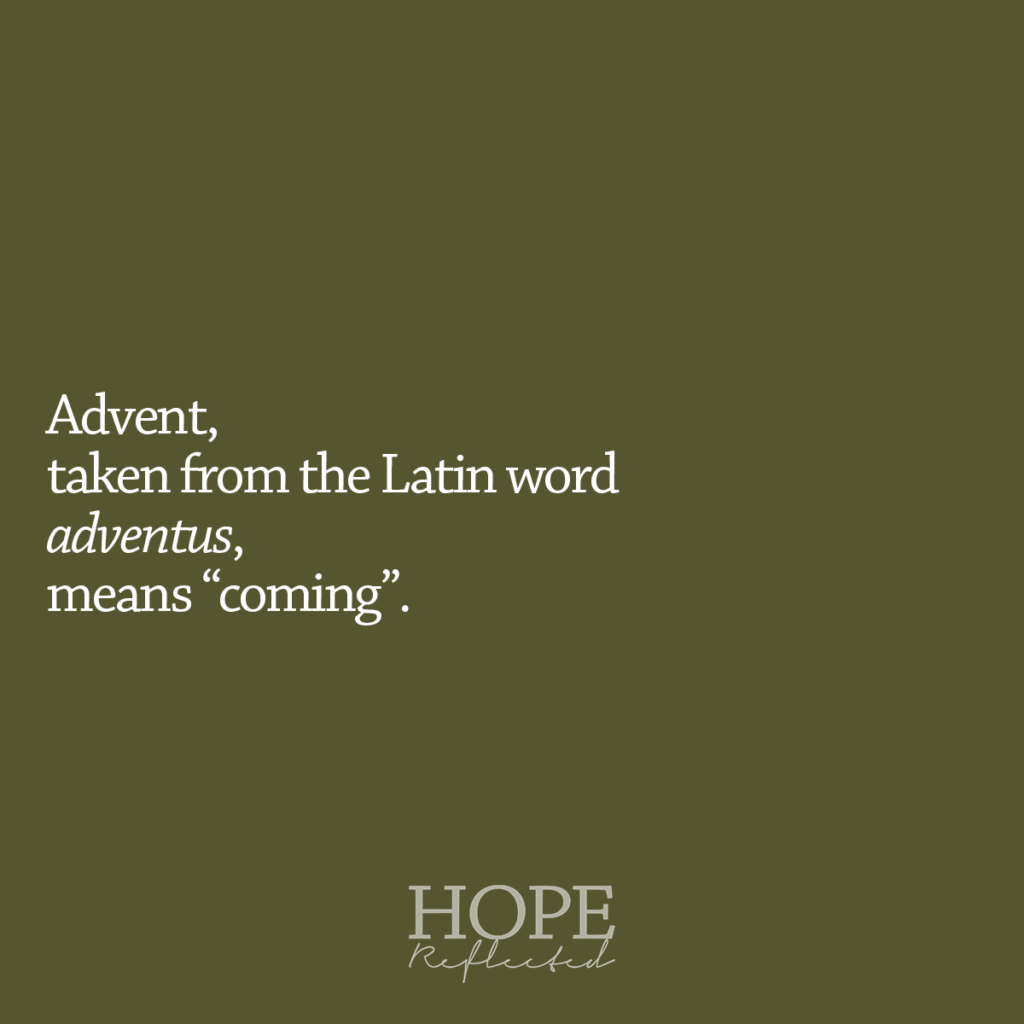
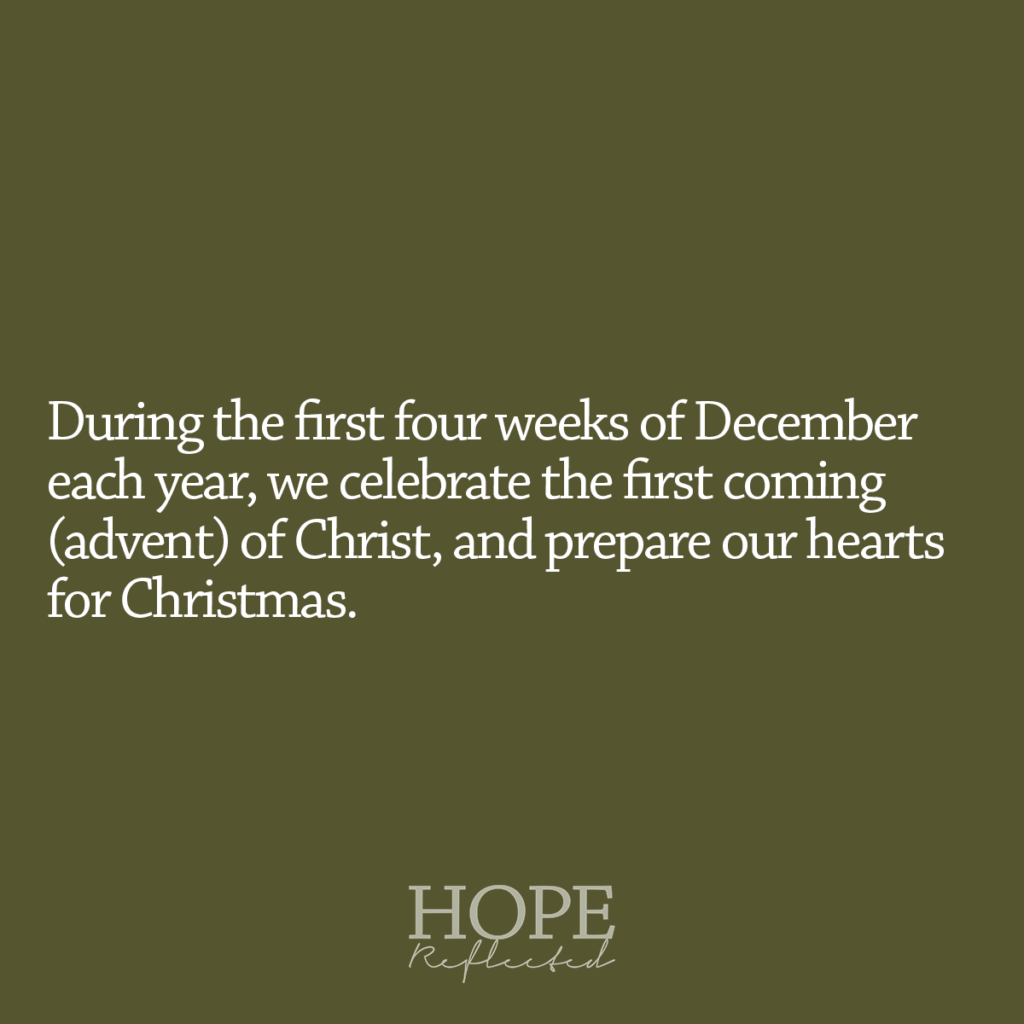


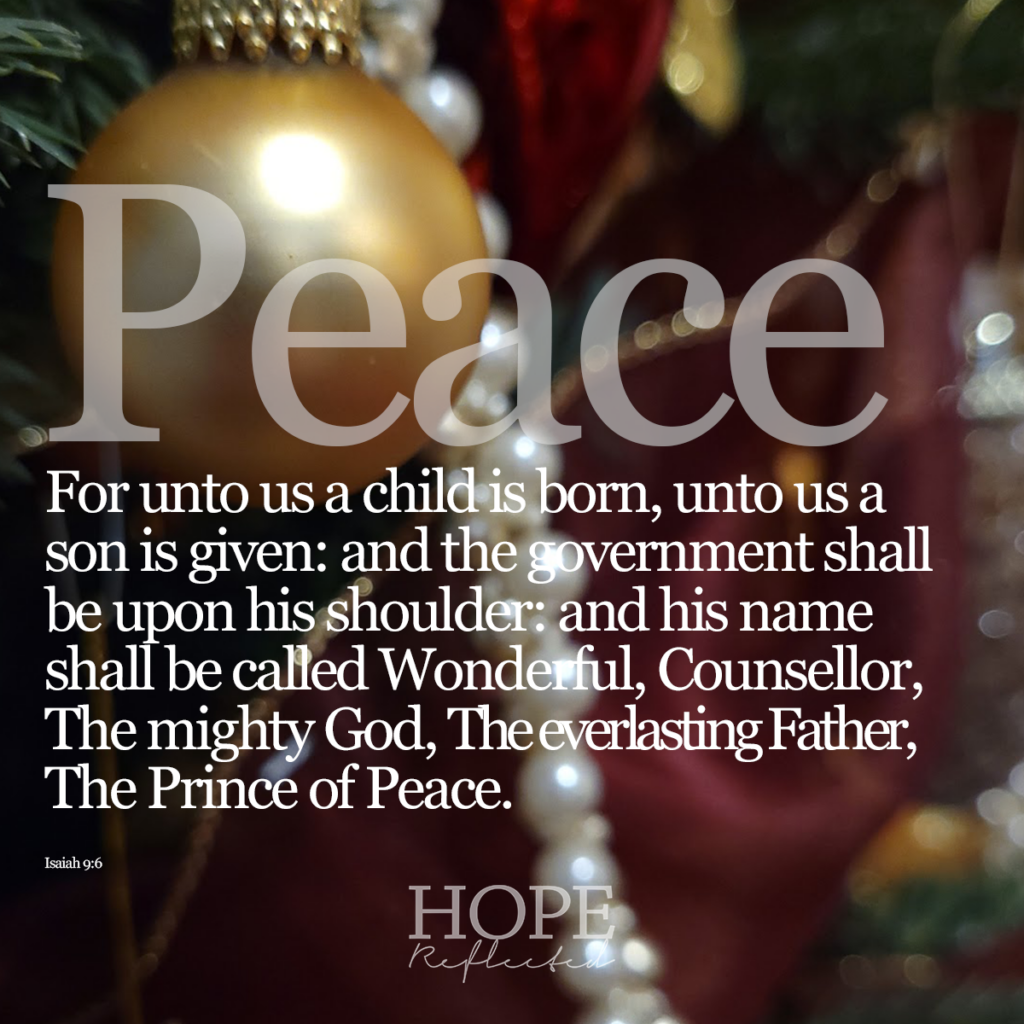

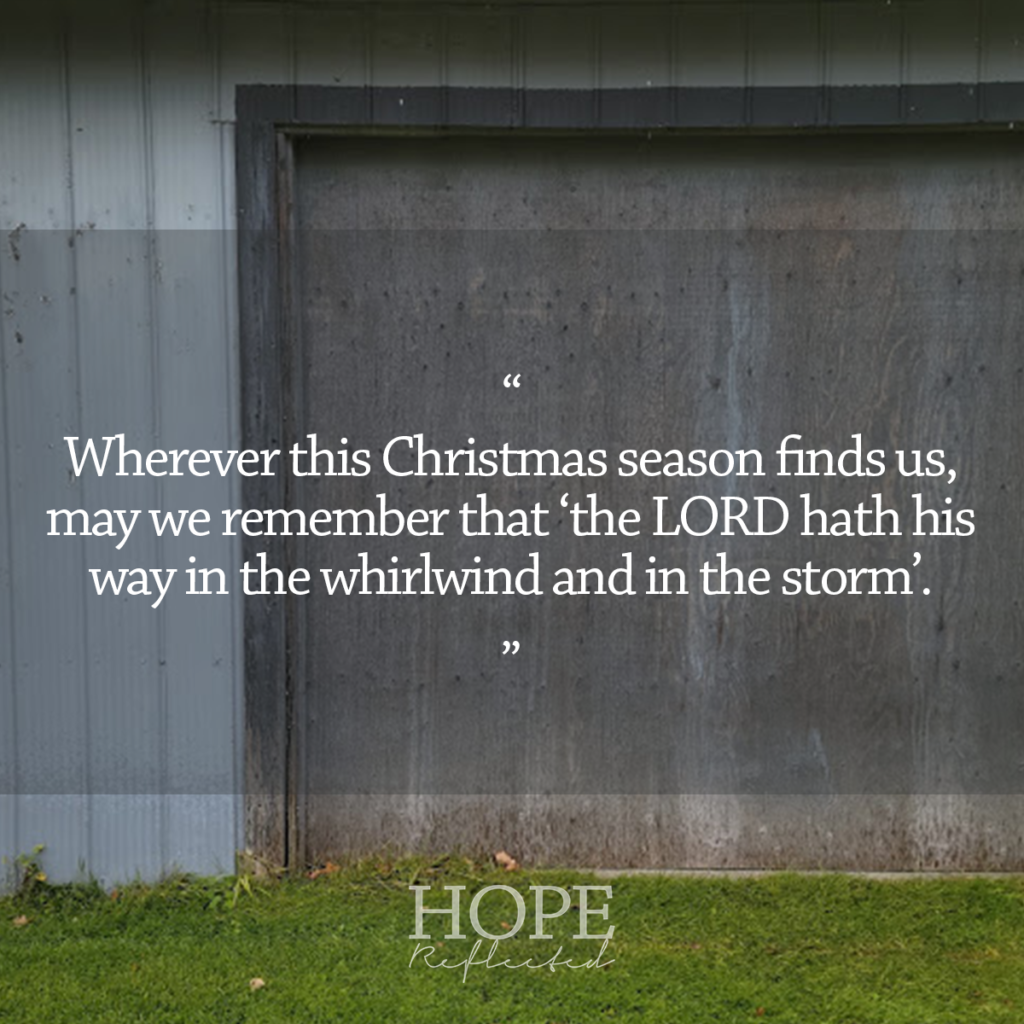
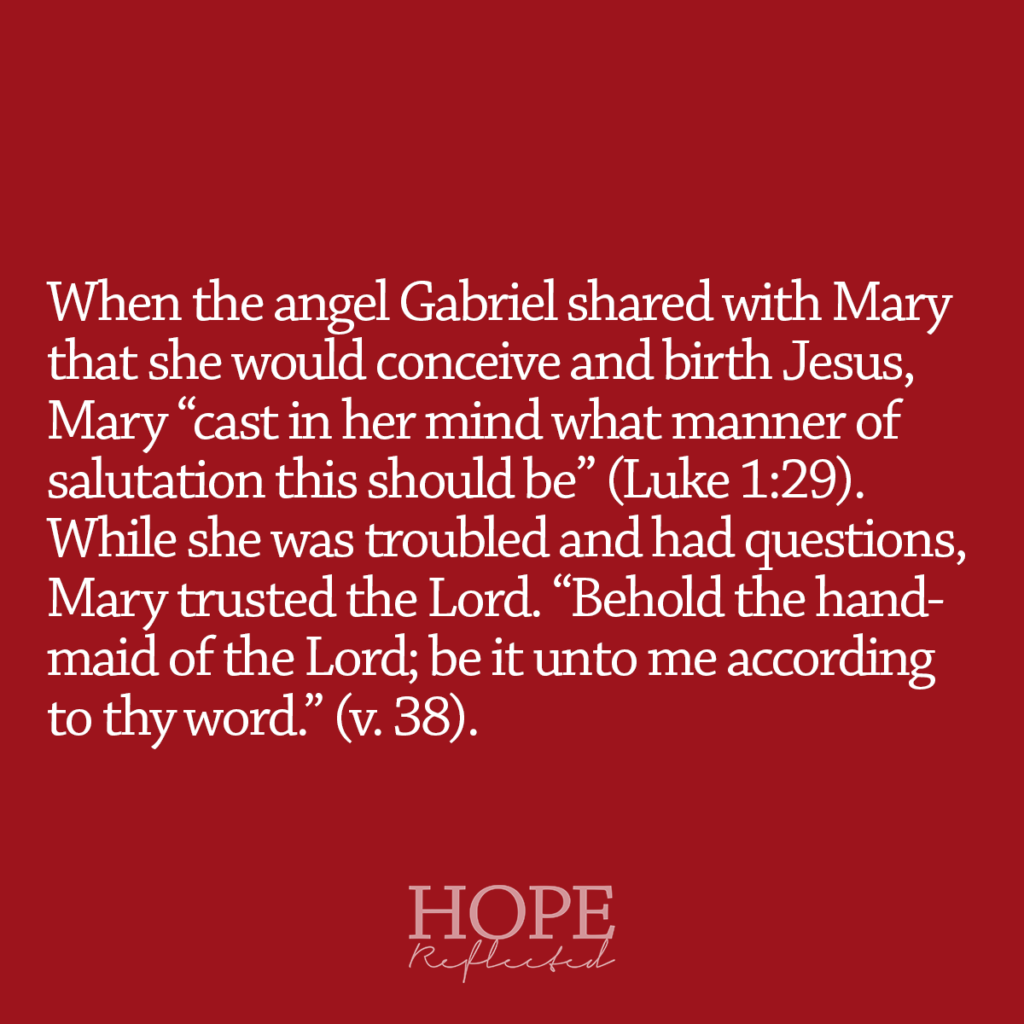
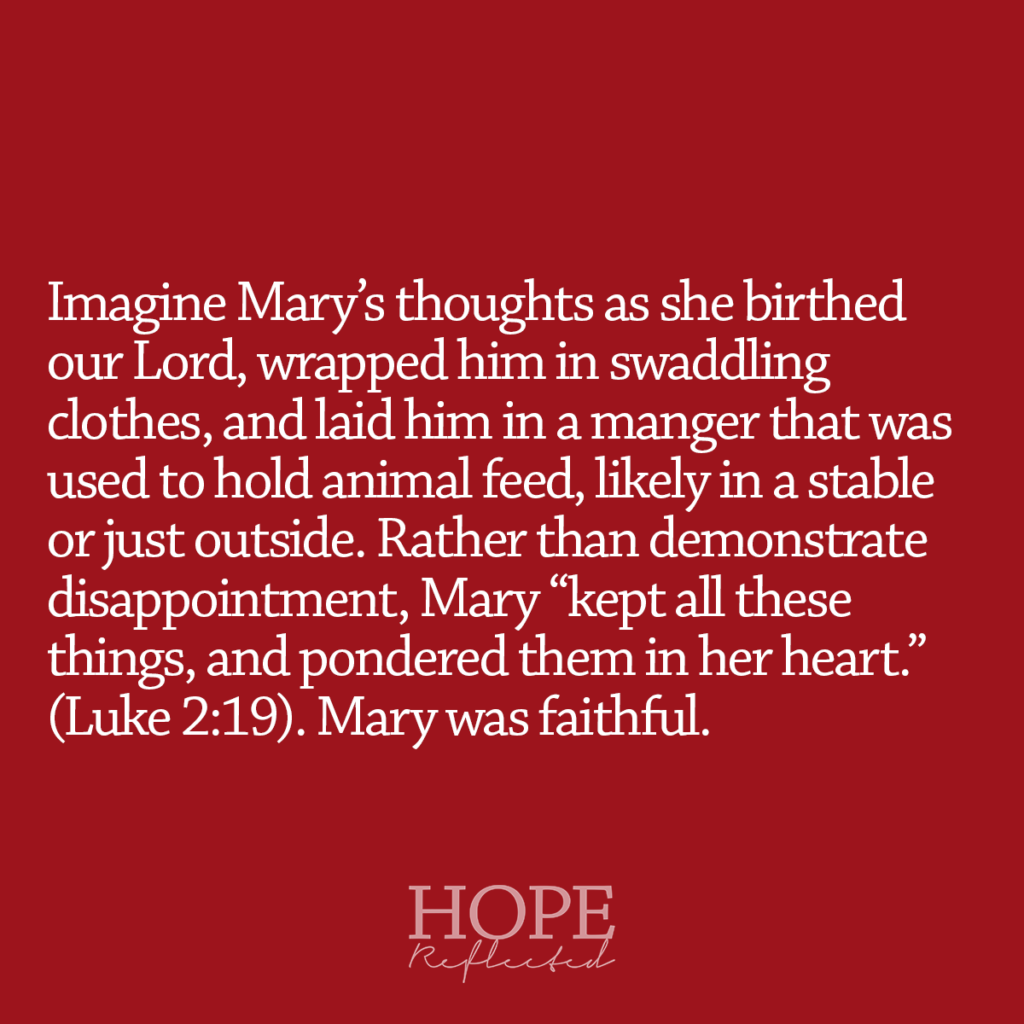
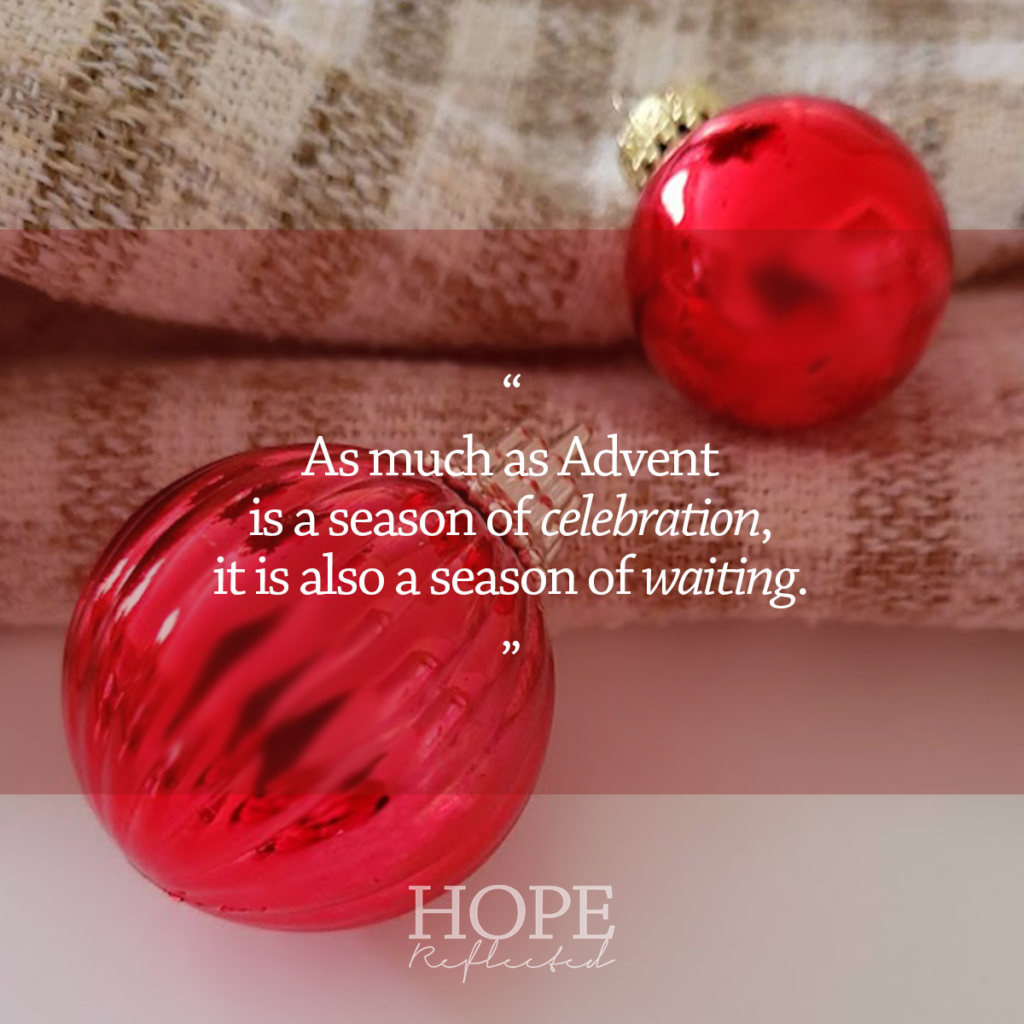




![False friends or counterfeit kindness; whatever you want to call it, the world is filled with people who will say one thing to your face and then another behind your back; people who will woo you in order to get something from you.
It’s sad, but it’s true.
The Bible provides us with examples from Joab to Judas, and yet, we’re surprised when we find ourselves deceived and hurt by someone else.
So what are some of the hallmarks of a true friend?
You can read more about this on hopereflected.com [Link in profile]
.
.
.
#friends #friendship #kindness #counterfeitkindness #hurt #proverbs #truefriends #hopereflected #blog #blogpost](https://www.hopereflected.com/wp-content/plugins/instagram-feed/img/placeholder.png)